Here are the best ways to remain environmentally conscious while playing video games
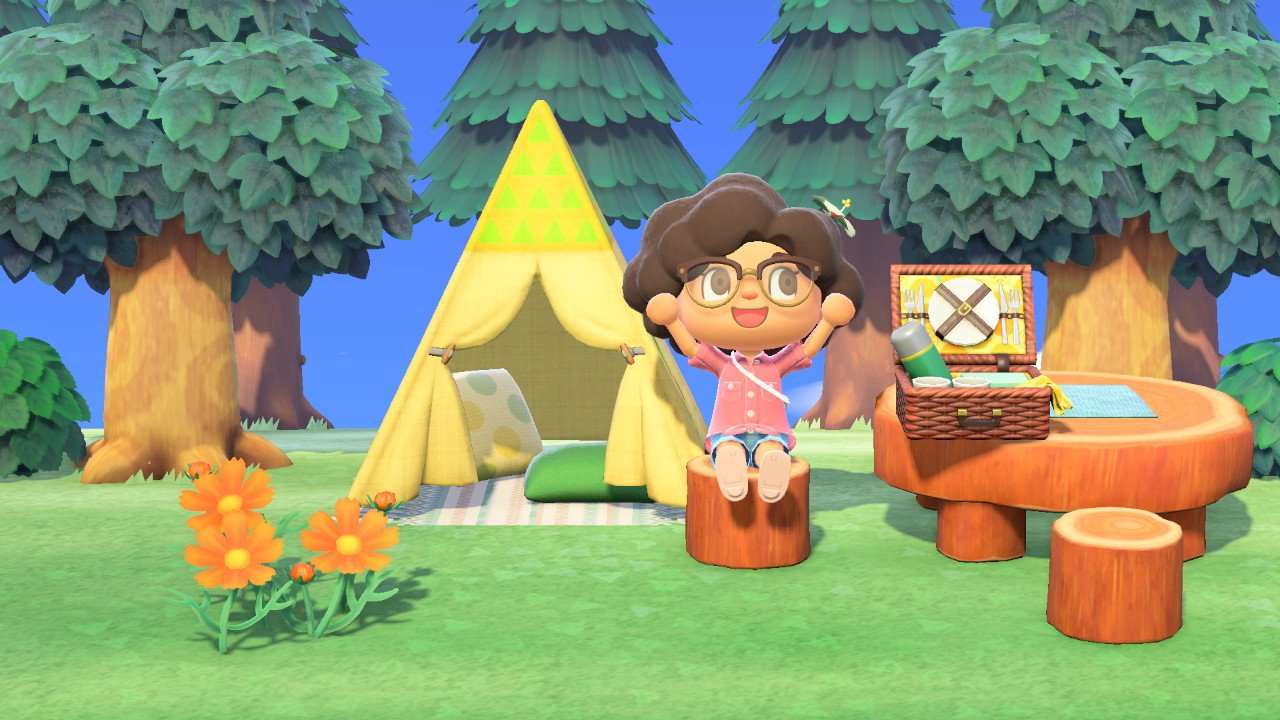
iMore offers spot-on advice and guidance from our team of experts, with decades of Apple device experience to lean on. Learn more with iMore!
You are now subscribed
Your newsletter sign-up was successful
Most of us have hobbies: reading, knitting, listening to music, or playing games. Hobbies are important — they add some change to our lives, help us connect with like-minded people, and help give us things to strive towards. You wouldn't think that these hobbies affect the environment, but they do. In fact, everything does — Newton's third law of physics told me so.
It's safe to say that people are becoming more aware of the state of the environment and how our actions (and, by extension, those of corporations) lead to climate change and natural disasters. And before I go on, I want to present a disclaimer: I am in no way trying to shame anyone for taking part in a hobby that brings them joy. But in all things, there can be room for improvement. So here are some ways that gamers can enjoy all aspects of their hobby while doing the Earth a little favor.
1. Buy used games
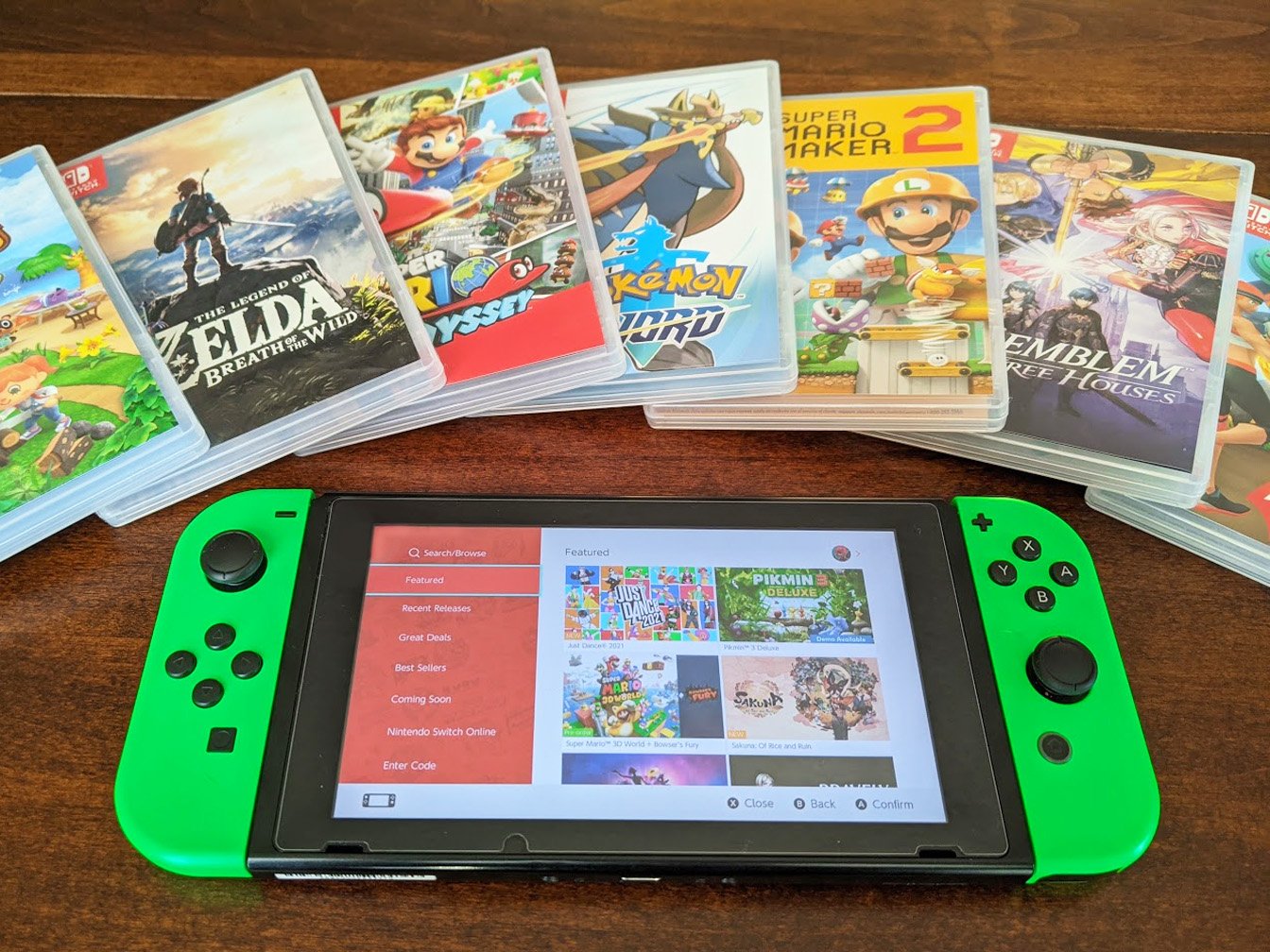
The long and short of it is that one of the best ways to live sustainably is to reduce the number of things that need to be produced. A lot of food, clothing, and other consumer items are simply thrown away despite them still serving their purpose. But because they've already been bought new, companies interpret it as high demand for a product and adjust their supply to meet that. Everything that gets produced automatically goes into the "waste stream," where it hangs around until it goes to landfills. By using things that are already in the waste stream, demand is not as high, which reflects itself in the supply.
For physical media, like Nintendo Switch cartridges, buying used games doesn't detract from the quality of the game. Our save data remains on our consoles, and unless a game includes a download code, the only difference between a used and new game is its contribution to the waste stream. This extends to consoles as well, and most of the physical games and consoles I've bought myself have been used.
The only difference between a used and new game is its contribution to the waste stream.
Of course, people are the ones selling games and consoles used, not corporations. This makes it difficult to gauge whether the product's condition will be as advertised. To combat this, I'd recommend looking at seller history, reading seller reviews (even the positive ones!), and only purchasing from sellers who offer things like eBay buyer's protection and refraining from paying for things via PayPal's "friends and family" option. Sellers pay a fee when a buyer purchases via the "goods and services" option on PayPal, but that fee guarantees your ability to get your money back if you're dissatisfied with a transaction.
You can opt for refurbished consoles and/or games if you're still skeptical, and many companies, including Nintendo themselves, offer refurbished products in their online stores. I've bought refurbished items from Nintendo directly, which were all like new. The plus side is that they also come at a reduced price.
2. Borrow and share games
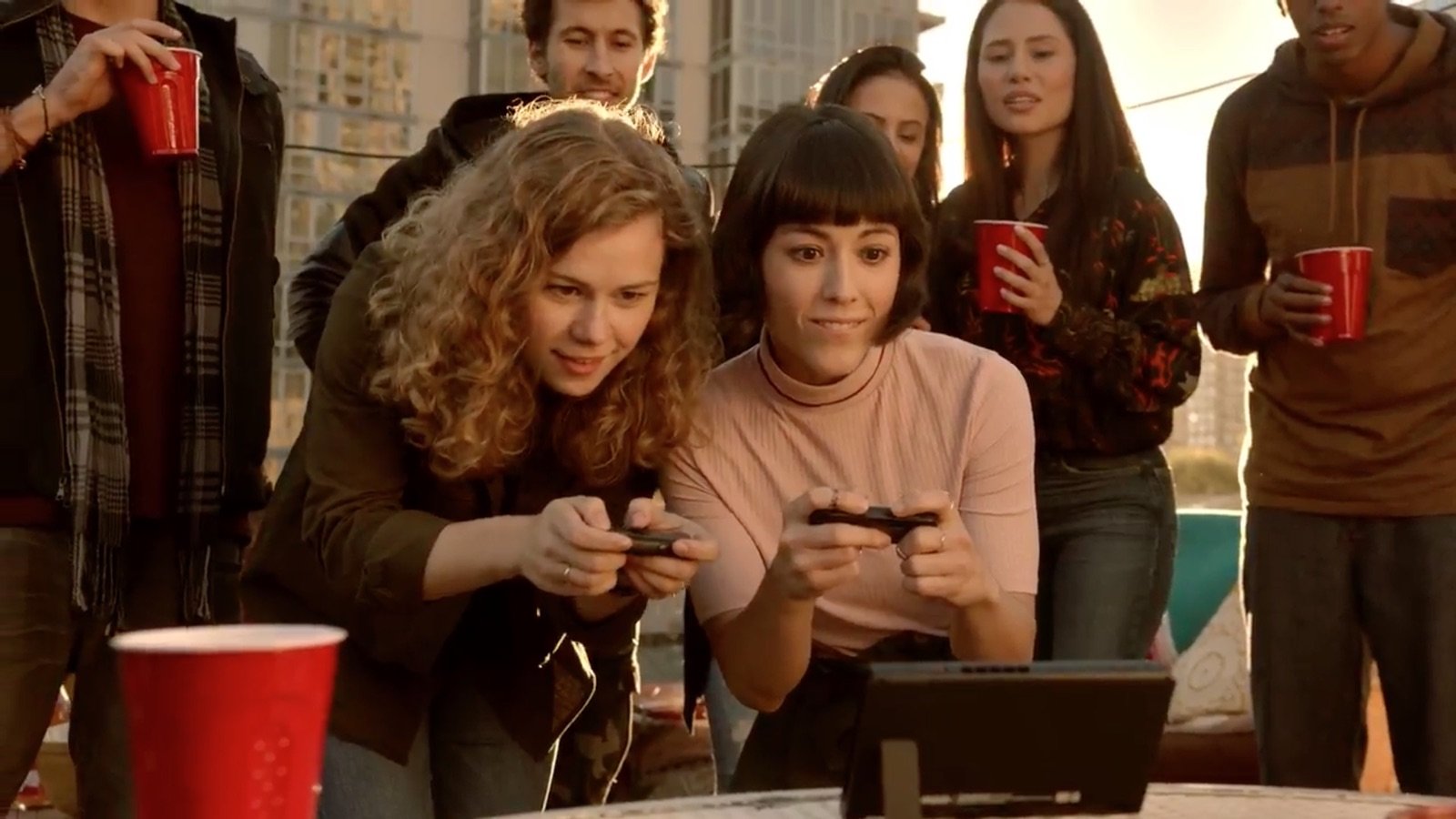
This is the same concept as buying used, except it's free and less of a hassle. If you have friends who purchase games that are played only once, used or otherwise, borrowing it from them after they've played gives you the experience you'd like, without anything new being produced. Likewise, you can share your own physical games with people you trust! Not only is it an eco-friendly way to play games, but it presents an opportunity to bond with others over a shared hobby.
iMore offers spot-on advice and guidance from our team of experts, with decades of Apple device experience to lean on. Learn more with iMore!
Many libraries offer a library of video games alongside the books they house. If you've got a library card, you can borrow games from a library and return them after you're finished. A central location for games allows for lots of other people to experience them outside your friend group. If you have games that you think others would enjoy playing, consider donating them to a library first before selling them online. Sharing is caring, after all.
3. Learn the way of the Patient Gamer
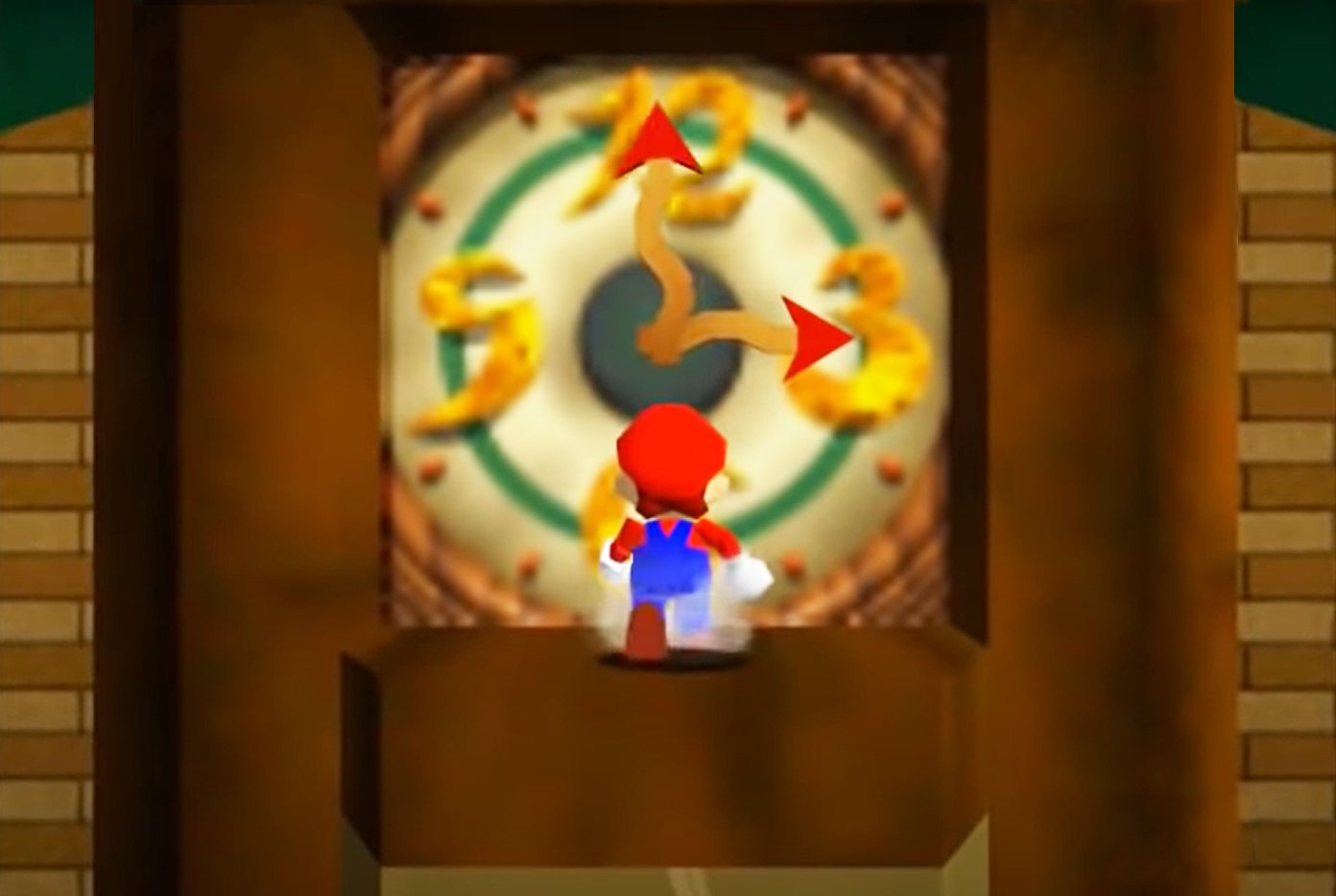
There's a community of people who dub themselves "Patient Gamers," who actively choose to wait at least 12 months after a game's release before purchasing it. While it may have its downsides in that those who follow this model may feel excluded from the current gaming discourse, I can see some advantages, as well. For one, it encourages a mindset that doesn't rely on "hype," where people are only excited for games because others get excited as soon as they see a trailer. Quite often, players are sure that a game will be perfect and amazing... before it even releases. Of course, if the game doesn't live up to those expectations, people are disappointed. Patience can curb that somewhat.
We can also extend the patient mindset to beyond one year and purchase games and consoles after they've been discontinued. Purchasing items that are no longer in production does not contribute to demand and can often lead to getting things at a discount. Of course, this is not the case with limited-edition items or certain games like Pokémon games, which rarely go down in value on the secondhand market. But if you make a game out of it, you can find some pretty sweet deals.
4. Buy digital games
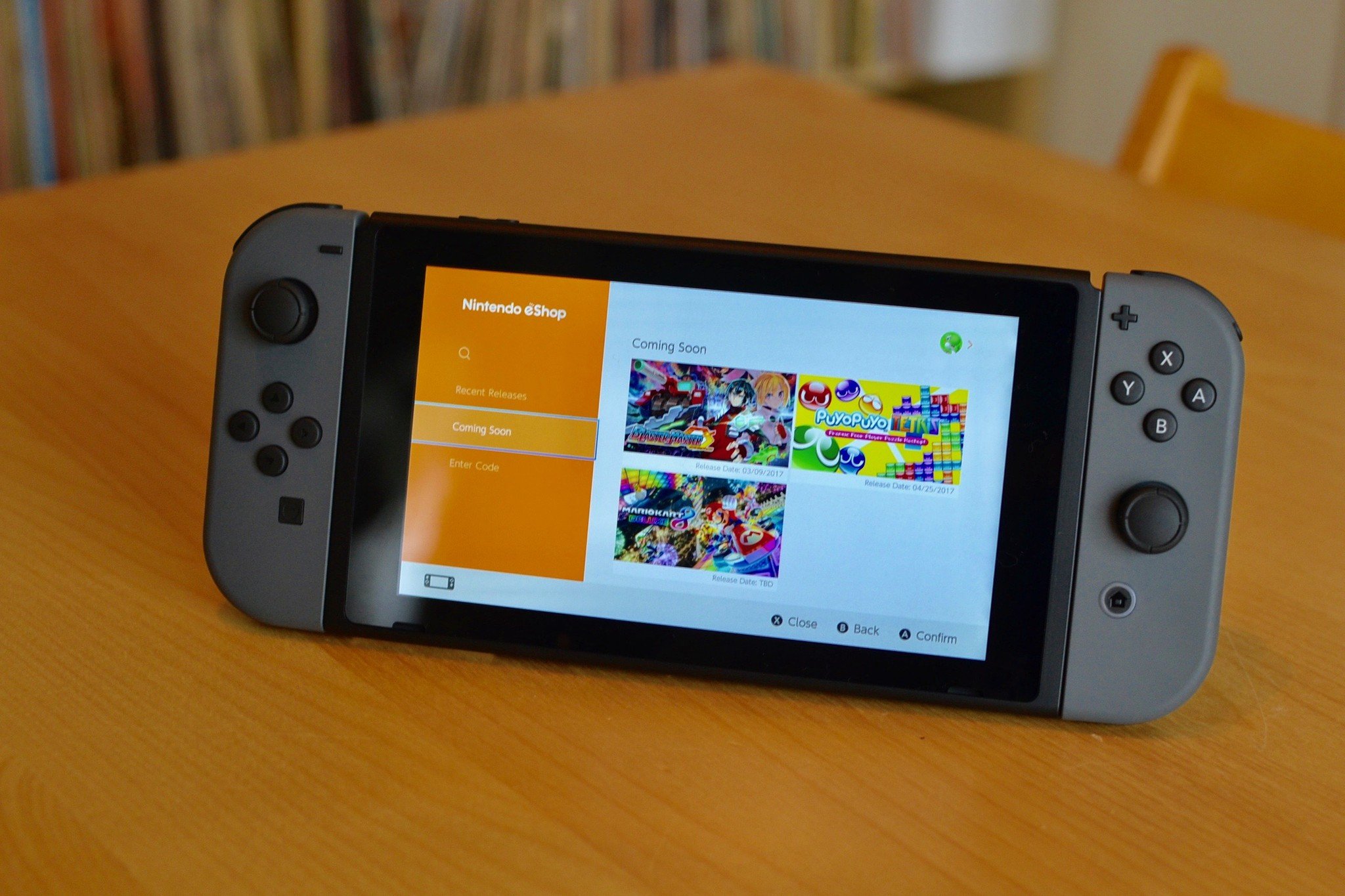
Purchasing and sharing used games does have its caveats, in that developers don't see any of that money. If you really want to support developers whose games you enjoy, there's another option: buying games digitally. Sure, there's something to be said about the effect servers have on the environment, but by buying digital, there's no contribution to more of a product needing to be manufactured and shipped across the globe.
The Nintendo Switch eShop is also home to sales every so often, even if first-party titles rarely get discounted. Still, it's worth checking the charts and games on offer every week to see if something tickles your fancy. Not to mention the wide variety of indie games available on the eShop as well.
5. Do some reflection
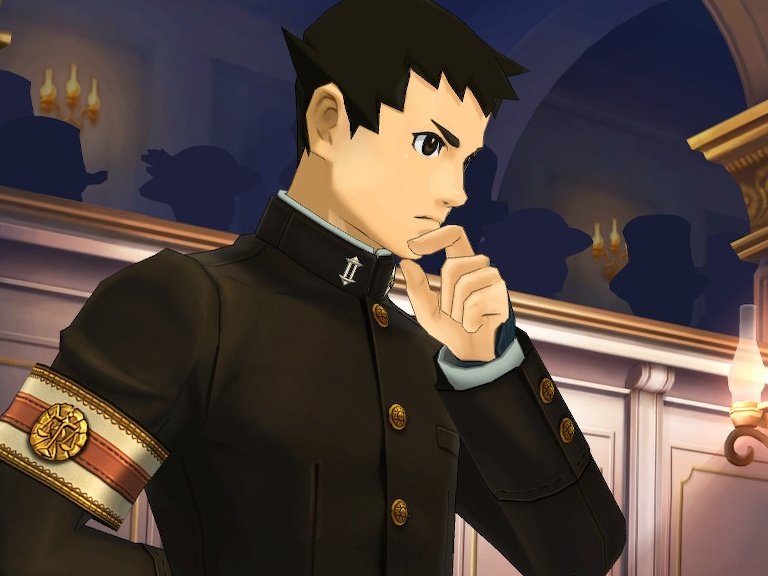
Okay, so I'm going to get a little deep here, but hear me out. I want you to think about the last time you've bought a big-box, limited edition version of a game. You know the ones — soundtrack on a vinyl record, a keychain, an art book, a huge figurine, the works. They're often available only as a pre-order before you know whether the game will meet your expectations.
We're accustomed to buying things that we always buy because that's just what we always do.
Now ask yourself: How much of that did you use? Did you have a glance at the art book and put it away afterward, to not reduce its value? How many keychains do you own that you never use? How many big boxes line your shelves? And how many of the games that you bought these big-box versions of did you genuinely like? Would you have been just as satisfied with your experience if you just bought the regular retail version of the game?
Humans are creatures of habit. We're accustomed to buying things that we always buy because that's just what we always do. Perhaps you're in the habit of buying limited editions of games and never thought to stop. Or maybe you're afraid of missing out on a cool item. You might feel compelled to quickly snatch them up before scalpers get to them. But at that point, are you buying these limited edition games because you want to, or because you don't want to miss out?
Things to think about
I don't know who needs to hear this but save those purchases for games you think will really mean something to you. Don't rush to buy the newest gaming paraphernalia or your fifth pair of Pikachu face towels just because they're cute. Stick to buying the things you need as much as you can and using what you have. Don't get me wrong, though, you can treat yourself every once in a while. Avoiding unnecessary purchases doesn't mean you need to live in a bare room with a mattress on the floor. Life is about balance! Once you free yourself from the self-imposed pressure to be on top of all the latest trends, you may just feel a little less anxious.
What are your gaming vices? Do you prefer to buy games digitally or physically? I'd love to hear about it in the comments.

Nadine is a freelance writer for iMore with a specialty in all things Nintendo, often working on news, guides, reviews, and editorials. She's been a huge Nintendo fan ever since she got to pet her very own Nintendog, and enjoys looking at Nintendo's place in the video game industry. Writing is her passion, but she mostly does it so that she can pay off her ever-growing debt to Tom Nook. Her favorite genres are simulation games, rhythm games, visual novels, and platformers. You can find her at @stopthenadness on Twitter, where she'll more than likely be reposting cute Animal Crossing content.
